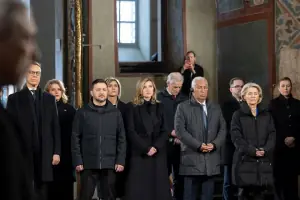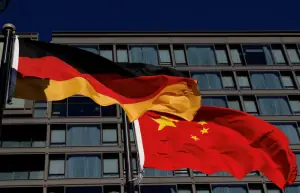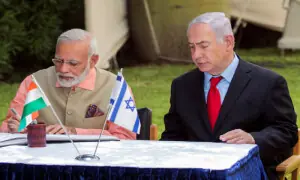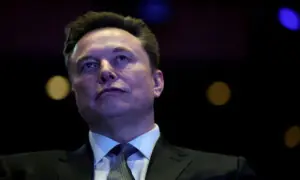Canada Liberals to announce Trudeau’s successor in midst of US trade war
4 min readCanada’s Liberal Party will announce Prime Minister Justin Trudeau’s successor on Sunday as both party chief and head of the country’s government in the midst of a trade war with the United States that could cripple the Canadian economy.
The next prime minister will have to negotiate with US President Donald Trump as he threatens additional tariffs on Canada and may soon face the opposition Conservatives in a general election.
Trudeau announced in January that he would step down after more than nine years in power as his approval rating plummeted, forcing the ruling Liberal Party to run a quick contest to replace him.
“Is it ideal in a circumstance of bilateral crisis for us? I suppose not,” said Drew Fagan, a professor at the Munk School of Global Affairs and Public Policy. “But on the other hand, the process is playing out domestically as it should.”
Also, read this
Canada will be in trade war with US for foreseeable future, says Trudeau
Trump launches trade war with tariffs on Mexico, Canada and China
Trump comments on Trudeau’s resignation, suggests Canada may want to join the U.S.
Former central banker Mark Carney is the front-runner, with the most endorsements from party members and the most money raised among the four Liberal candidates.
Around two-thirds of Trudeau’s cabinet publicly back Carney, and a Mainstreet poll in late February showed Carney with 43% support among Liberals compared to 31% for his main rival, former Finance Minister Chrystia Freeland.
Freeland has touted her experience negotiating with Trump during his first term but has struggled to differentiate herself from Trudeau after being one of his most loyal supporters for years. She left his government in December after Trudeau tried to replace her, and she criticized his government’s spending policies.
Around 400,000 Liberal party members were eligible to vote, and the results will be calculated in a ranked ballot of voters in each of the 343 parliamentary constituencies, also known as ridings.
The party was due to announce the first round of results at about 6:30pm (2230 GMT).
A victory for Carney, 59, would be the first time an outsider with no real political background has become Canadian prime minister.
Carney has said his experience as the first person to serve as the governor of two central banks - Canada and England - meant he was the best candidate to deal with Trump.
During the campaign, Carney said he supported dollar-for-dollar retaliatory tariffs against the United States and a coordinated strategy to boost investment. He has repeatedly complained that Canada’s growth under Trudeau was not good enough.
The prospect of a fresh start for the Liberal Party under Carney, combined with Trump’s tariffs and his repeated taunts to annex Canada as the 51st US state, led to a remarkable revival of Liberal fortunes.
‘Rally-around-the-flag moment’
At the start of 2025, the party trailed by 20 or more points but is now statistically tied with the official opposition, the Conservatives, in several polls.
“There is a rallying-around-the-flag moment that we would never have predicted a year ago,” said University of British Columbia politics professor Richard Johnston.
“I think it’s probably true as we speak that the Liberals have been saved from oblivion.”
Regardless of who wins, the next prime minister has important decisions to make right away.
The minority Liberal government may face a confidence vote when Parliament reconvenes at the end of March, potentially triggering an election.
He or she may, therefore, decide to call an immediate election, avoiding the trouble of having to put together a cabinet. An election must be called no later than October 20.
The Globe and Mail newspaper reported on Saturday that Carney would call an election before Parliament is due to reconvene at the end of the month, meaning voting could take place either April 28 or May 5. Carney’s campaign did not immediately respond to a request for comment.
Polls indicate that neither the Liberals nor the Conservatives would be able to form a majority government.
Carney could legally serve as prime minister without a seat in the House of Commons, but tradition dictates he should seek to win one as soon as possible.
In 1984, John Turner was not a legislator when he became prime minister after winning a Liberal leadership race.
For the latest news, follow us on Twitter @Aaj_Urdu. We are also on Facebook, Instagram and YouTube.

























Comments are closed on this story.